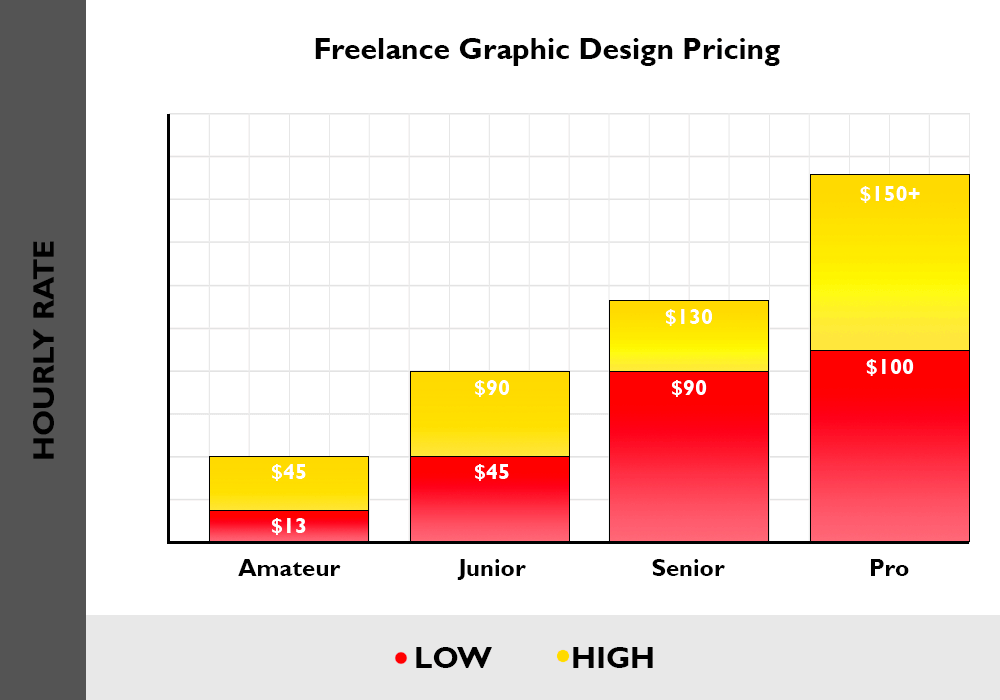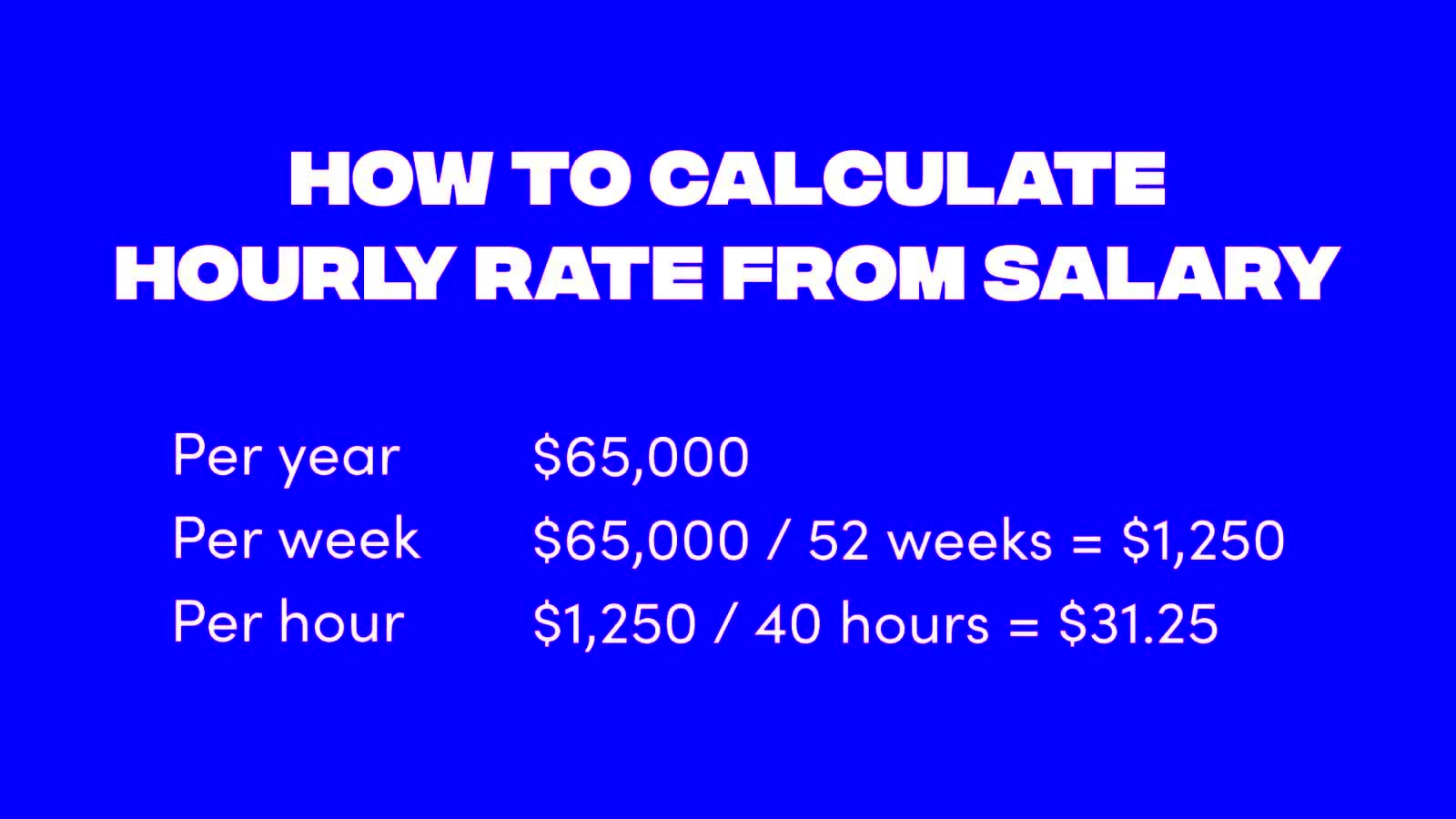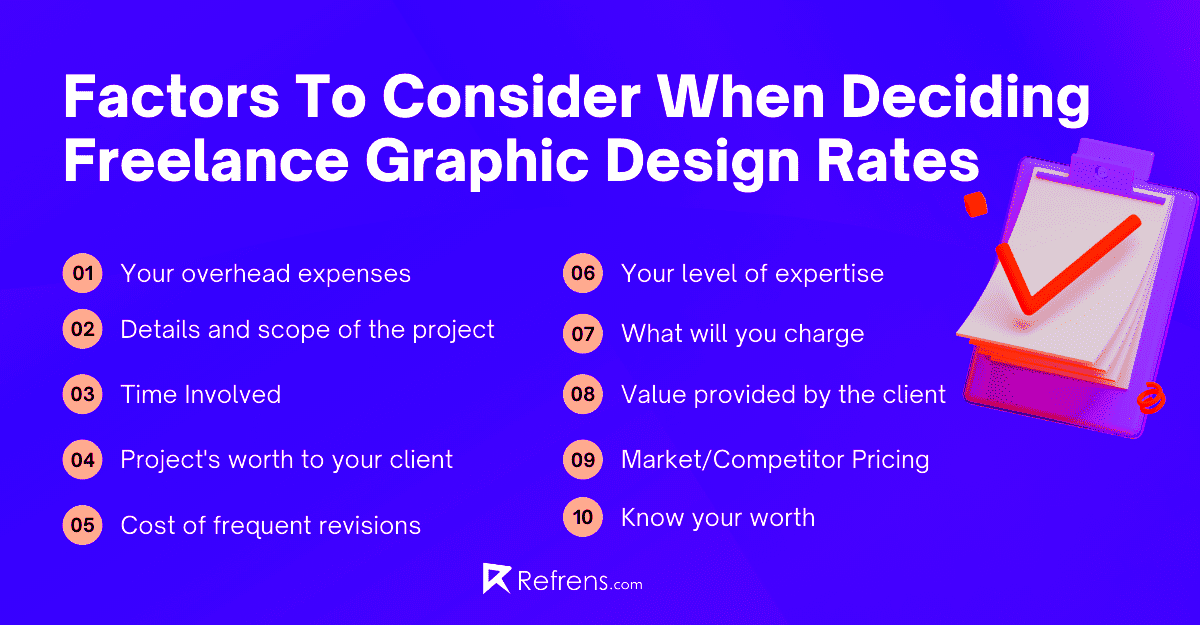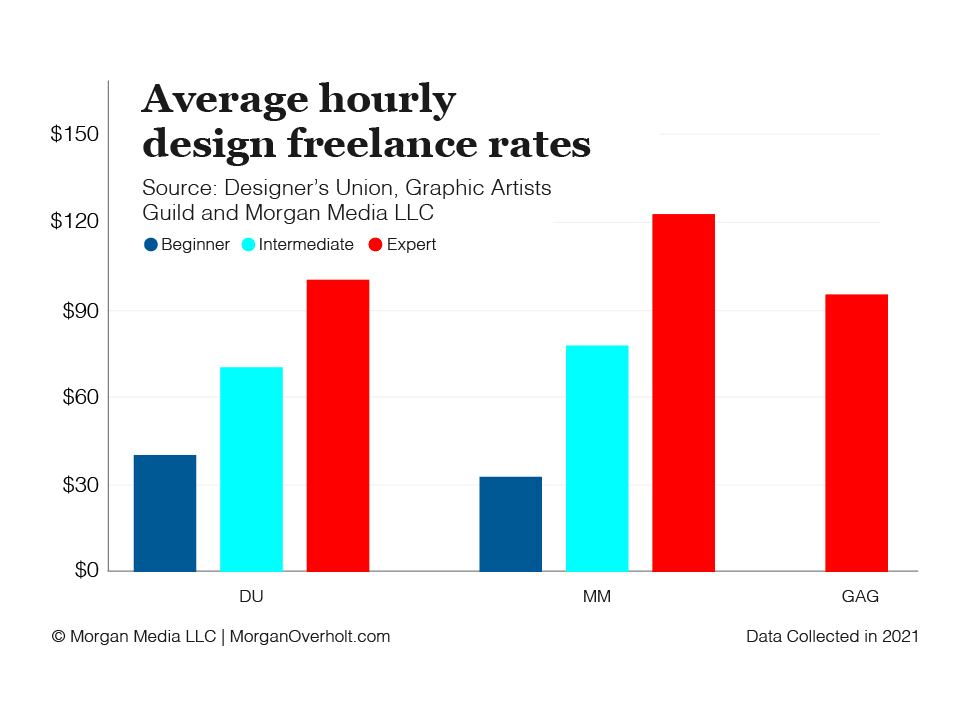In the current digital era graphic design is fundamental. It assists companies convey their message and involve with their audience. From logos to social media graphics, a brand’s image can be either made or broken by graphic design. Freelance graphic designers provide their skills to generate content that catches the eye and satisfies clients. Whether one intends to engage a designer for business reasons or auto rate as a freelancer, it is important to comprehend aspects of graphic designing services.
Understanding Pricing Factors for Graphic Designers

There are some variables that play role when considering how to come up with your rates as a graphic designer:
- Experience Level: New designers may start with lower rates to attract clients, while seasoned professionals can command higher prices based on their portfolio and expertise.
- Project Complexity: Simple designs like business cards might be priced lower than comprehensive branding packages that require more time and effort.
- Client Budget: Understanding your client's budget can help you tailor your services to meet their needs while still ensuring fair compensation for your work.
- Market Demand: Rates may vary depending on the demand for graphic design services in your area or industry.
- Delivery Timeline: Urgent projects might require a premium charge for quick turnaround.
When you take into account these things, you are able to devise a schedule of costs which signifies your worth as well as satisfy customer desires.
Also Read This: How to Report Gigs on Fiverr
Setting Your Rates Based on Experience

There is a considerable influence that your experience has on how you will price your services. Here are some guidelines for establishing pricing according to professional development level:
| Experience Level | Typical Hourly Rate | Typical Project Rate |
|---|---|---|
| Entry-Level (0-2 years) | $15 - $25 | $100 - $300 |
| Mid-Level (3-5 years) | $25 - $50 | $300 - $800 |
| Experienced (5+ years) | $50 - $150+ | $800+ |
With experience, you can slowly raise your charges. Concentrate on establishing a good portfolio and collecting favorable client feedback that can validate increased fees. Always remember to periodically evaluate your rates and update them according to the way you develop as a professional as well as changing tendencies in the market.
Also Read This: Why Fiverr Payments Take So Long
Comparing Rates Across Different Platforms

As a freelance graphic designer, you have the choice to display your projects and reach out to clients on a number of different platforms. Every platform possesses its own distinct format that could affect the way you charge your prices. Let’s examine some common platforms and discuss their price structures:
- Fiverr: On Fiverr, services start at $5, but successful designers often offer tiered packages that can go much higher. The platform takes a commission, so factor that into your pricing.
- Upwork: Upwork allows freelancers to set hourly or project-based rates. Here, you can see what others in your niche charge, which can help you remain competitive.
- 99designs: This platform is more geared towards design contests. Designers submit work based on client briefs, and rates can vary widely depending on the competition level and project scope.
- Social Media: Many freelancers use platforms like Instagram and LinkedIn to find clients. Here, your portfolio and reputation can help you negotiate rates based on your perceived value.
Understanding your place in the market and averting potential price traps can be done by comparing rates across platforms.
Also Read This: How to Become a Freelance WordPress Theme Developer
How to Adjust Rates for Specific Projects

Different projects come with different demands and it is important to adjust your rates according to the needs of individual projects. Below are a few tips that would help you in changing your charges:
- Assess Project Scope: Look at the overall complexity of the project. More detailed and time-consuming tasks should warrant higher rates.
- Consider Client Relationships: For long-term clients, you might offer discounts for repeat business. However, new clients might pay a premium as you establish your working relationship.
- Factor in Research and Revisions: If a project requires extensive research or multiple revisions, make sure to adjust your rates to reflect the extra time involved.
- Be Transparent: Always communicate your reasons for rate adjustments with clients. This builds trust and understanding.
When you customize your prices for individual projects, it means that you’ll be getting paid adequately for what you do and at the same time satisfying customers’ needs.
Also Read This: How to Get Freelance Work on Fiverr
Common Pricing Models in Graphic Design
When it comes to graphic design pricing strategies, there are numerous options available to you as a designer; each has its strengths and weaknesses. Below are some of the most common models:
| Pricing Model | Description | Pros | Cons |
|---|---|---|---|
| Hourly Rate | You charge clients based on the hours worked. | Easy to track time; flexible for varied tasks. | Can be unpredictable for clients; may lead to lower earnings for experienced designers. |
| Project-Based Rate | A fixed fee for the entire project. | Clients appreciate the clarity; can lead to higher earnings for efficient designers. | Time-consuming projects may reduce your hourly earnings. |
| Value-Based Pricing | Pricing based on the value delivered to the client. | Can lead to higher rates; aligns with client success. | Requires a strong understanding of client needs; harder to determine upfront. |
| Retainer Agreements | Ongoing work for a set monthly fee. | Provides stable income; fosters long-term client relationships. | May limit time for other projects; requires commitment. |
“You should choose your pricing model based on the way you work, who your clients are and what kind of projects you’re working on. Experimenting with variations might also lead you to find out what suits you most.”
Also Read This: How Do I Make a Logo from Fiverr Transparent?
Tips for Communicating Your Rates to Clients
Sometimes it can be scary to tell customers your prices. However, if you are articulate and believe in what you say, customers will see you in a more positive light. Below are some useful tips:
- Be Transparent: Clearly outline your rates from the start. Clients appreciate honesty, and transparency helps avoid misunderstandings later on.
- Explain Your Value: Don’t just list your prices; explain what clients get for their investment. Highlight your skills, experience, and the benefits they will receive from your work.
- Provide Options: Offering different pricing packages can help clients choose a service that fits their budget. For instance, you might provide a basic, standard, and premium option.
- Prepare for Questions: Clients may have concerns about pricing. Be ready to answer questions about your rates and the rationale behind them.
- Use a Professional Proposal: A well-designed proposal can help communicate your rates and services clearly. It reflects your professionalism and can enhance your credibility.
If you want to start building a better relationship with your clients, then it is important to be clear and confident when discussing your pricing.
Also Read This: Is Fiverr a Good Investment? Exploring the Pros and Cons
FAQs About Graphic Design Rates
As far as I know, most of the time clients inquire about cost of graphic designing. Clearing up these typical doubts not just strengthens the confidence but also guarantees open communication. Thus below are some of the frequently asked questions:
- What factors influence graphic design rates? Rates are affected by experience, project complexity, client budget, and market demand.
- How do I know if my rates are competitive? Research rates on different platforms and compare them with others in your niche to determine a competitive range.
- Should I charge for revisions? Yes, it’s essential to set boundaries on the number of revisions included in your initial price. Additional revisions should incur extra charges.
- Can I negotiate rates with clients? Absolutely! Be open to discussions and find a middle ground that works for both parties.
- What if a client cannot afford my rates? Consider offering alternative solutions, such as scaling down the project scope or adjusting payment plans.
If you proactively deal with such inquiry, anxiety experienced by customers can be alleviated and your expertise recognized.
Conclusion and Final Thoughts
To put it simply, establishing and communicating your design fees is one of the most important things you can do to make it in freelance business. Knowing what affects pricing will enable you to compare rates on various platforms and use effective ways to convey them to position yourself firmly in the market. It is not enough just to mention figures; it is equally crucial to look at what value you bring into the lives of your clients.
Therefore, if you implement these strategies, on your way to becoming a successful freelance graphic designer, all your works will also be acknowledged and treasured.




